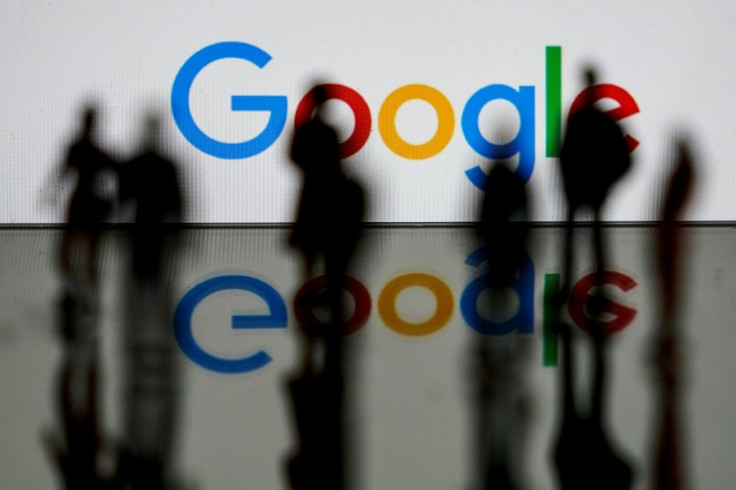UK Probes Google Plan To Ditch Web Cookies
Britain's competition regulator on Friday launched an investigation into plans by Google to eliminate tracking "cookies" on its Chrome browser, after criticism it would entrench the search leader's overwhelming dominance.
The Competition and Markets Authority (CMA), newly empowered after Britain regained anti-trust powers from the European Union under its Brexit divorce, said it was looking into Google's "Privacy Sandbox" project announced a year ago.
Cookies are snippets of code that allow third-party companies to track Chrome users' movements across the web. They have been long decried by campaigners as an invasion of privacy, and Google says its project will come up with a better approach.
But instead, critics say users would be locked into Google's own invasive tracking tools, and that companies such as media publishers that rely on cookies to generate revenues from their online content could be frozen out.
CMA chief executive Andrea Coscelli said the regulator had found that "Google's Privacy Sandbox proposals will potentially have a very significant impact on publishers like newspapers, and the digital advertising market".
"But there are also privacy concerns to consider, which is why we will continue to work with the ICO (Information Commissioner's Office) as we progress this investigation, while also engaging directly with Google and other market participants about our concerns."
Rival browsers such as Apple's Safari and Mozilla's Firebox already block third-party cookies by default.
Along with Facebook, Google dominates online advertising and enjoys a share of nearly 90 percent of the search market.

The CMA probe comes after complaints of anti-competitive behaviour against Google from groups including Marketers for an Open Web (MOW), an alliance of newspaper publishers and smaller technology companies.
"Privacy Sandbox would effectively create a Google-owned walled garden that would close down the competitive, vibrant open web," MOW director James Rosewell said.
"Providing more directly identifiable, personal information to Google does not protect anyone's privacy. We believe that the CMA's investigation will confirm this and save the web for future generations," he said.
Google, which says it plans to complete the project next year, welcomed the investigation.
"Creating a more private web, while also enabling the publishers and advertisers who support the free and open internet, requires the industry to make major changes to the way digital advertising works," a spokesperson said.
"The Privacy Sandbox has been an open initiative since the beginning and we welcome the CMA's involvement as we work to develop new proposals to underpin a healthy, ad-supported web without third-party cookies."
Tech companies have long been accused by media outlets of making money from journalistic content without sharing the revenue.
The EU in 2019 imposed a form of copyright law -- "neighbouring rights" -- that would allow outlets to demand compensation for the online use of their content.
After initial resistance, Google signed agreements with French newspapers in November to pay for using their content, in a world first.
© Copyright AFP 2024. All rights reserved.











